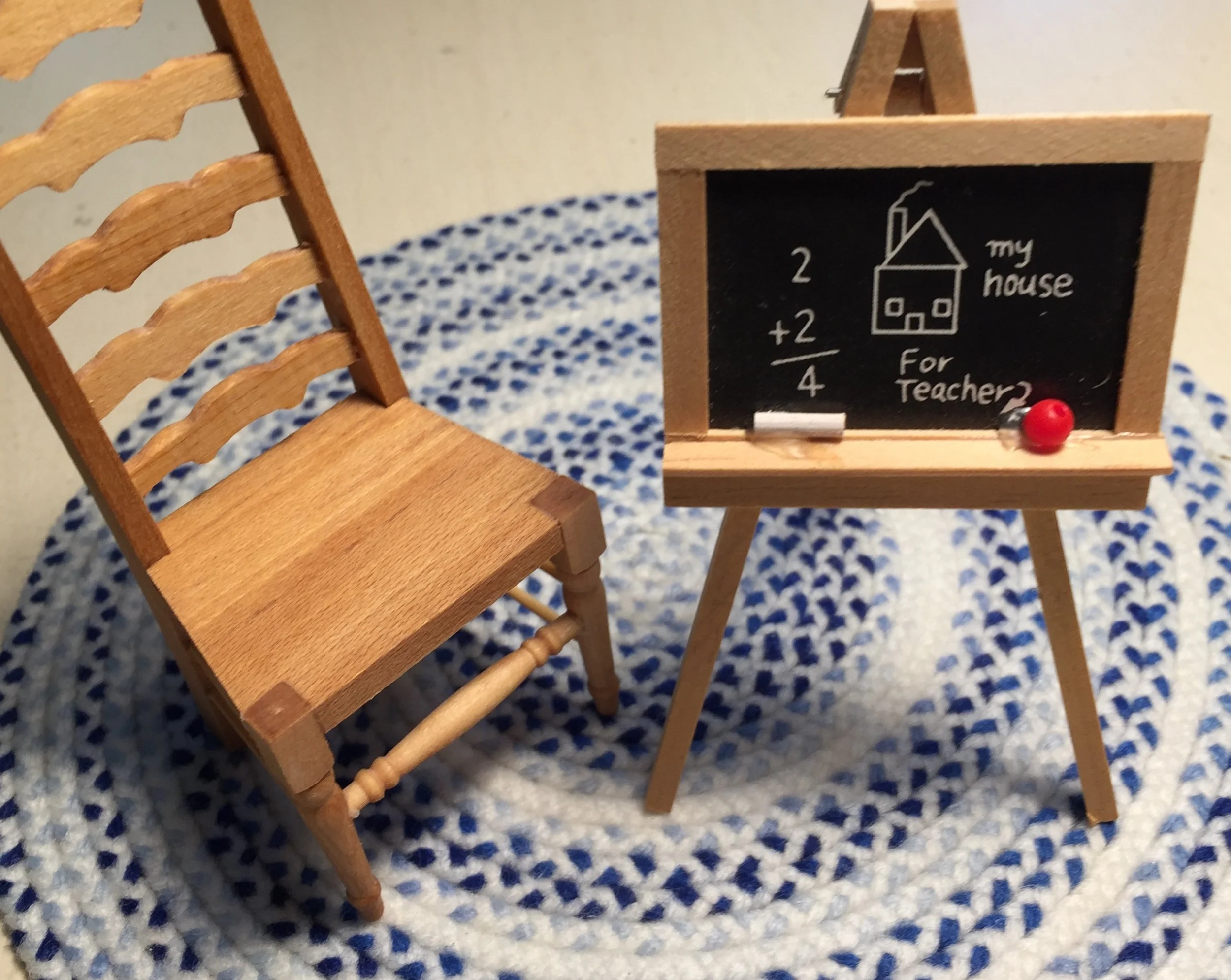Reading And Writing and Arithmetic.
It always confuses me to hear about the three Rs in education. Reading, riting and rithmetic. What about English so we can spell these words correctly?! Anyhow, I realize the older I become, the less my brain wants to function quickly and efficiently. Then mix in Parkinson’s which effects cognitive ability and I feel challenged, mentally as well as physically.
I have mapped out a program for handling the physical effects of Parkinson’s. I attend a live well program for people with Parkinson’s at the physical therapy practice, Bodies in Balance. I do yoga for stretching and strengthening. And I do line dancing for the exercise and for the fun of it. In between these programmed activities, I walk, bike ride and swim. Basically, I try to just keep moving, especially on those days I do not want to leave my comfy recliner. Sometimes it works, sometimes it does not. But what about exercising the brain?
As I read about the advancing stages of Parkinson’s, it becomes clear that the mind is in as much jeopardy as my body. Parkinson’s patients lose the ability to process and to retrieve information quickly. As the outside of the body slows and becomes deliberate in its movements, so does the brain. This scares me. My mom developed Alzheimer’s and I saw the strain such a disease placed on her and on the family. She struggled to remember even the simplest of things. I watched my mom slowly deteriorate and become increasingly frustrated with her mind. It was heart wrenching.
When I was diagnosed with Parkinson’s, I was very cognizant of the physical signs of the disease. After all, when your body shakes so much that you cannot slice, dice or chop and you drop everything from your cup of tea to your good crystal glasses, you know there is a problem. Yet, the mental symptoms of Parkinson’s may not be so apparent at first. They include cognitive decline, depression, impulse control, sleep disturbances and in some cases, hallucinations. Each of these conditions is difficult in itself, but some people suffer with all of them. I hope to be spared from most of these, but I cannot predict what will happen, so I am working on what I can do to exercise my brain and keep it active. Here are some ideas that I have been doing:
1. I actively participate in activities that stretch my brain power, like games, puzzles, reading and writing. I force myself to retrieve words and thoughts that have been filed away and I just cannot seem to recover them. This works most times, but not always.
2. I talk with friends, a lot. I find that the socialization keeps my spirits up and takes the focus off of me as we chat about things going on their lives. I remember names of grandchildren and special events of my friends which keeps my brain functioning and brings me pleasure hearing about their loved ones.
3. I participate in a book club. This is a highlight for me because I find a good book can take you to amazing places. The other members of the club are well read and interesting. Our discussions are intense and they make me use every brain cell I have!
4. I do crafts. I scrapbook and make cards and design miniature furniture. All of these require fine motor skills, muscle memory and most importantly, cognitive skills. And they are fun.
5. I watch shows and movies that make me think. I really enjoy TED talks and podcasts that introduce me to new ideas and experiences. However, I love other shows for the pure entertainment. Give me multiple seasons of Downton Abbey and Poldark and I am in pure bliss!
The bottom line, I do what I can to help delay the physical and mental health decay caused by Parkinson’s by finding things that bring me some joy at the same time. Most importantly, I just live my life the best that I can and keep praying for the strength to handle whatever comes my way.


